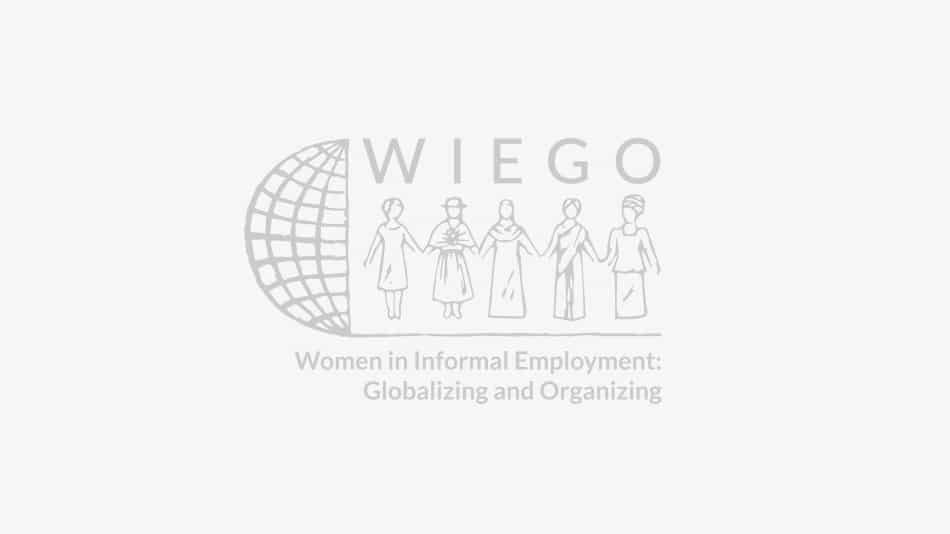Strengthening the organizing and leadership capacity of informal women workers fosters economic self-reliance and increases women's participation in politics, governance and management. Through this project, women leaders have gained skills and knowledge, including about decision-making processes of policymakers, how government spending allocations are decided, and how informal workers' organizations can participate in those decisions.
This project also worked, through research and by helping amplify the voices of women in decision-making platforms, to raise awareness among policymakers that the majority of those living in poverty are working, and these workers have specific needs to reduce their risks and increase their potential to overcome poverty.
Seven project elements affected change in over 40 countries.
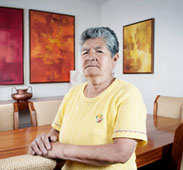
|
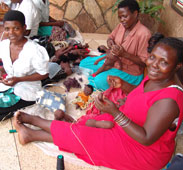
|
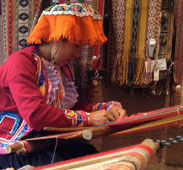
|
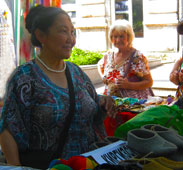
|
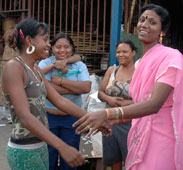
|
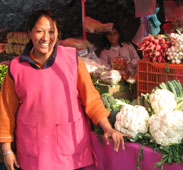
|
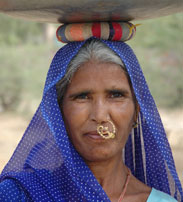
|
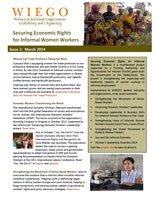
|
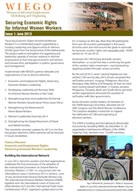
|
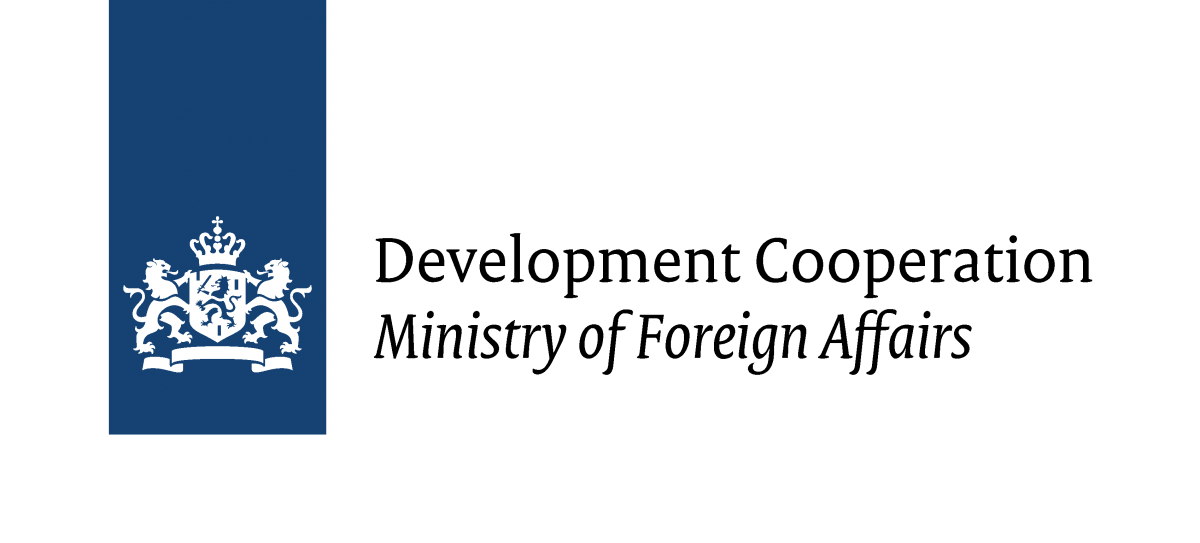 This project has received support from Funding Leadership and Opportunities for Women (FLOW), Government of the Netherlands, Ministry of Foreign Affairs.
This project has received support from Funding Leadership and Opportunities for Women (FLOW), Government of the Netherlands, Ministry of Foreign Affairs.
Goals
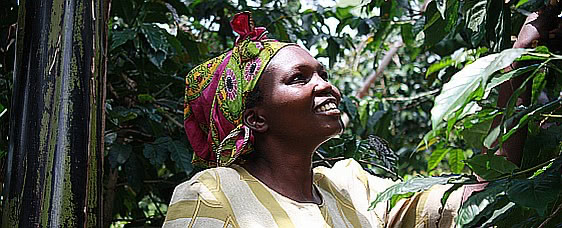
Securing Economic Rights for Informal Women Workers continued through December 2015.
The following Case Studies were developed as part of “Securing Economic Rights for Informal Women Workers” final evaluation and are based on analysis of outputs, interviews with Programme Directors and Project Partners, and specific successes or innovations.
These reports deepen the assessment of the project's impact for direct beneficiaries and to conduct interviews with a sample of the target group in the project areas as follows:
- Economic and Employment Rights: Advancing Domestic Workers’ Leadership
- Strengthening the Movement of Home-Based Workers
- Leadership & Business Skills for Informal Women Workers in Fair Trade
- A report offering in-depth assessment of WIEGO's projects, and other FLOW projects, which received additional funding during 2013-14 to enhance their work:
